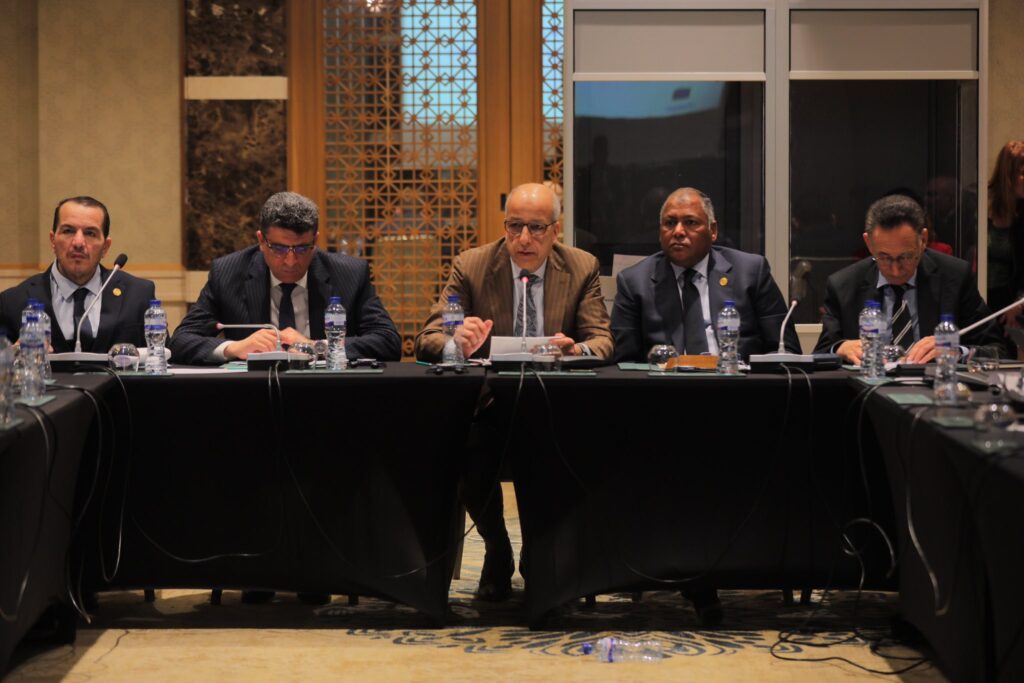The Executive Board of the International Monetary Fund (IMF) concluded the Article IV consultation with Libya on last Wednesday, IMF announced.
The Article IV consultation took place after a decade-long hiatus due to security crisis in Libya. The Executive Board commended the Libyan authorities for “their efforts to reengage with the Fund despite lingering political challenges.”
They noted the limitations to policy implementation arising from political fragmentation and urged the authorities to intensify efforts to resolve conflicts and address the substantial economic challenges.
The IMF board assessed that substantial capacity development would be needed to modernize fiscal frameworks and monetary and financial sector policies, enhance data provision, and support economic diversification.
They noted that “the key medium-term challenge is to diversify away from hydrocarbons and to promote stronger and more inclusive private sector-led growth.”
They encouraged the authorities to enhance transparency, strengthen institutions and address corruption and governance concerns to support these efforts. The IMF board highlighted the importance of enhancing data provision and statistical capacity.
They noted that “frequent changes to the currency peg should be avoided to maintain confidence in the exchange rate as the nominal anchor.”
“Maintaining the peg would also allow the central bank to better protect foreign exchange reserves amid elevated political and security risks,” IMF said.
